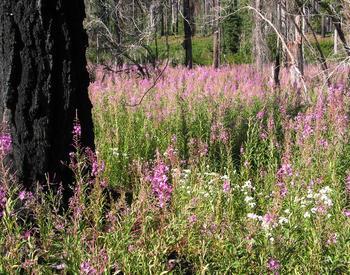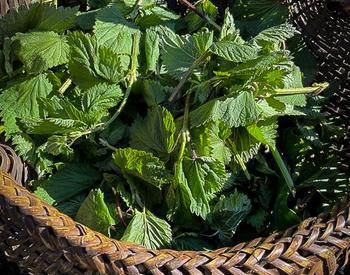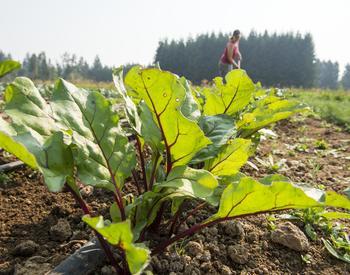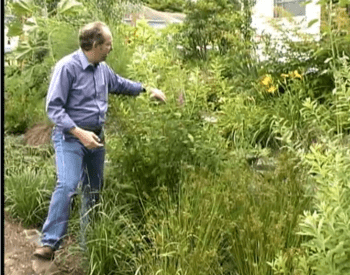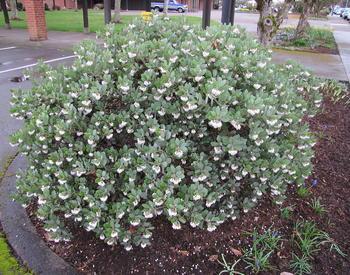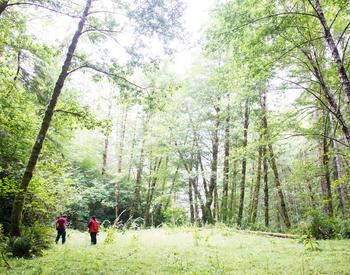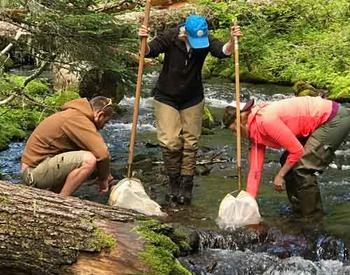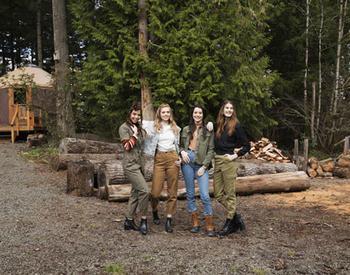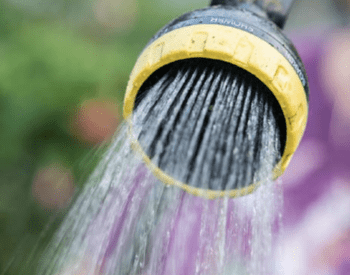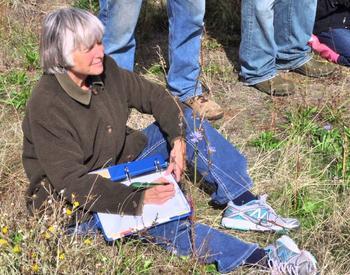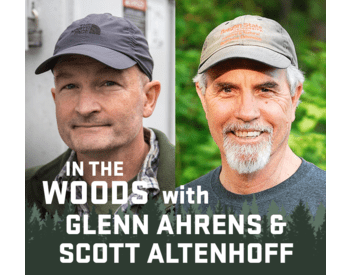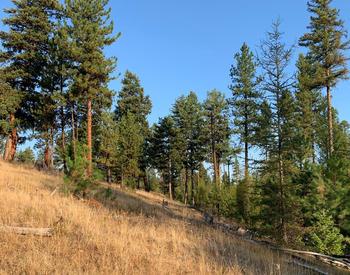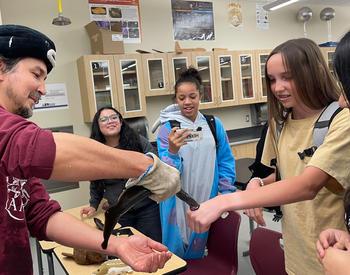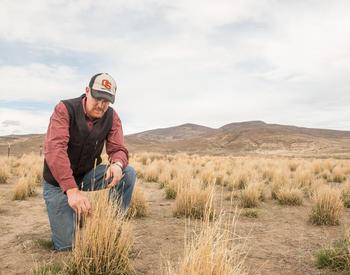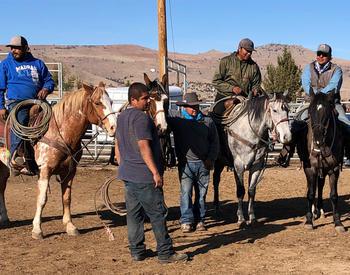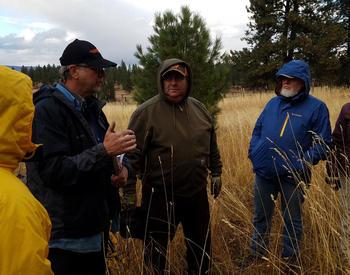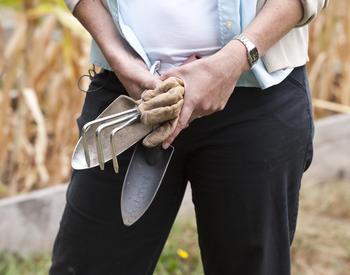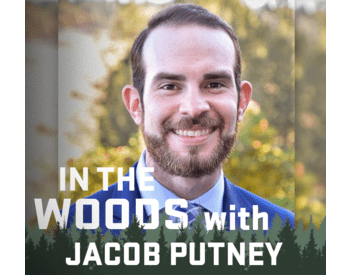PORTLAND, Ore. – Natalie DaSilva can’t say enough about what the Oregon Naturalist Program has meant to her.
“I feel like this program has changed my life,” said DaSilva, an avid hiker and outdoors enthusiast who became a certified Oregon Naturalist in 2021. “It’s opened doors for me to bring others out into the natural world. I want people to be as much in love with the outdoors and as curious about the outdoors as much as I am.”
Launched by the Oregon State University Extension Service in 2009, the Oregon Naturalist program’s mission is to increase knowledge, sense of place and connection to the natural environment for all Oregonians. The program provides transformative, science-based, experiential learning in outdoor settings, and encourages service that protects and supports ecosystems and community well-being in Oregon.
DaSilva, who moved to Portland 8½ years ago, found out about the program through a Facebook ad. She had never heard of such a thing.
“It sounded amazing,” she said. “When I was a kid, I loved the outdoors. I loved plants and animals. I’ve always been outside observing and learning about birds, animals and plants. My recollection of summer camp was the flowers that were blooming in the New Hampshire woods.”
Becoming an Oregon Naturalist involves taking an online course, then an ecoregion field course, then completing 40 volunteer hours.
“The online program was fun and I discovered I was using different parts of my brain,” she said.
‘Love letter’ to Tryon Creek
DaSilva was all set to take the field course when the COVID-19 pandemic started. She completed a hybrid field course designed by Alice Phillips, a 4-H faculty member in Washington County who coordinates the Oregon Naturalist Program in the Portland area. Then DaSilva had to determine how to get in her volunteer hours. Most opportunities were shuttered due to pandemic restrictions.
She lives about 2½ miles from the Tryon Creek State Natural Area, which she visits up to four times a week. She considers it a second home. One day as she was walking through the area she had an idea.
“I would write a booklet about Tryon Creek, as told by the creek. My son did the illustrations. It’s about 30 pages. It’s mainly for school-age children. I consider it my love letter to Tryon Creek. Working on the book was my volunteer hours for the first year. I really wanted that badge.”
Since becoming an Oregon Naturalist, DaSilva has become a valuable volunteer, Phillips said.
“She’s leading nature walks and different programs,” Phillips said. “She helps plan events. She developed a nature haiku workshop. She wants to give her time.”
Phillips said DaSilva has been instrumental in the attempts to revive an Oregon Naturalist Northern Willamette Valley chapter and creating a field course for the program’s North Willamette Valley-Portland ecoregion.
Intensely involved
A certified interpretive guide, DaSilva volunteers with outdoor organizations around the Willamette Valley, Mount Hood and the Columbia River Gorge. She’s a member of the Friends of Tryon Creek and has volunteered with several organizations including the Nature Conservancy and Trailkeepers of Oregon. She’s been leading guided nature walks at Henry Hagg Lake in Washington County since January 2023.
Before she retired, DaSilva worked in the health care field, specifically with children on the autism spectrum and their families. She leads monthly hikes at Tryon Creek for adults and families experiencing autism.
To maintain her Oregon Naturalist certification, DaSilva is required to complete eight continuing education hours. She breezes past that mark, accumulating up to 10 times that number. This past spring she audited a course at Portland State University on the geology of U.S. national parks. Also in the spring, she attended three webinars in one week.
“I really don’t feel like I’m any different from a lot of people,” she said. “I’m an educator and interpreter. This program has had a huge impact on my life. I am always talking about it. It’s a wonderful way to connect with nature, with other like-minded people, to really make a contribution.”
